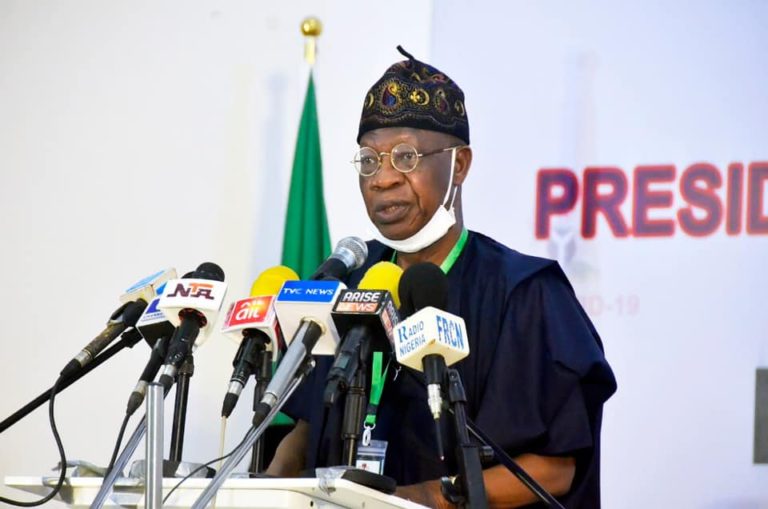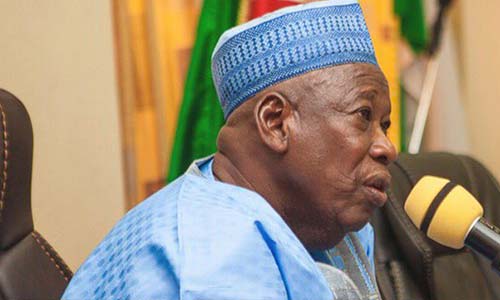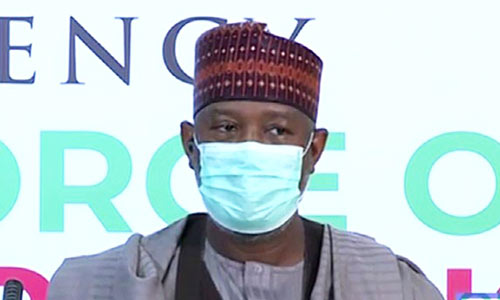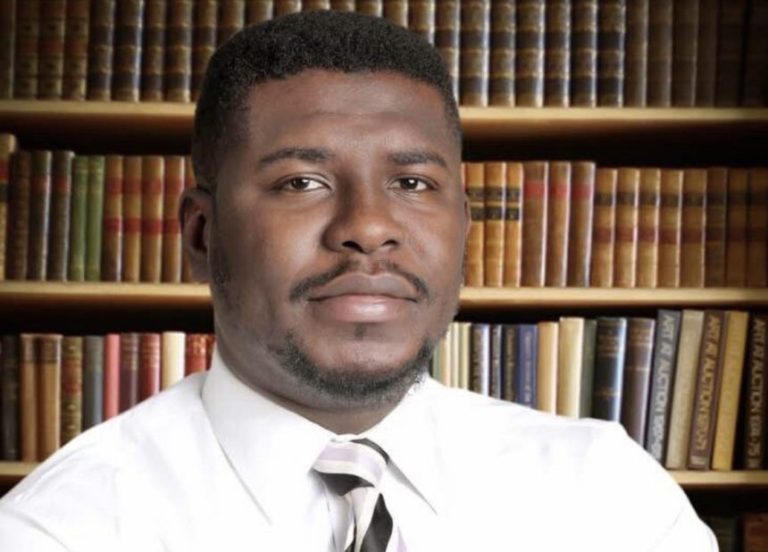The Nigerian Law School has released a proposed staggered resumption calendar for the Bar Part II 2020/2021 Academy session.
The proposed calendar which was signed by the DG of Law School, Prof. Isa Hayatu Chiroma, SAN, had the registered student divided into Batch ‘A’ and ‘B’. The students are to resume based on the Batch in which their names appear.
Some student claimed that the staggered resumption calendar was not from Law School.
Speaking to Nigerian Law School Public Relations Officer, Chinedu Ukekwe, he told TheNigeriaLawyer (TNL) that the proposed academic calendar is a mere proposal and as such, not to be completely relied on.
Meanwhile, it was further noted that it is subject to the approval of Federal Government because nothing can be done unless same is approved. But then, “just preparing” the ground for onward approval for the reopening of schools
Meanwhile the Students Representatives Council of the Nigerian Law School (NLS), of the six campuses have expressed their concerns over the released “staggered “ resumption date of the institution.
They have equally made recommendations to the Council of Legal Education on what they think should be acted upon.
These recommendations were made pursuant to a virtual meeting held on the 26th day of August, 2020 which was made available to TheNigeriaLawyer (TNL), on an agenda titled “STAGGARED RESUMPTION DATE FOR NIGERIA LAW SCHOOL STUDENTS 2020/2021: SUGGESTIONS/RECOMMENDATIONS”.
However, the Students Representatives from the Nigeria Law School, Lagos Campus suggested and recommended as follows:
“Based on the Corona virus pandemic and the challenge it has posed to our academic activities, We are suggesting that:
“Students should return to school to complete their lectures which is very important especially with respect to exams.
“The online classes don’t hold water because some people didn’t partake in it and even those that did might not understand what was taught via the slides.
“If the school insist on 50% of us for the sake of Corona, they can simply ask the first batch to attend lectures for three months while the second batch will do their externship within that period.
“After the 3 months, the batch A will proceed for their own externship while Batch B attend their own 3 months lectures.
“Upon the expiration of the Batch B lectures, everyone will converge for two weeks.One week for revision, one week for exams.”
Meanwhile, the further added that what is the possibility of students who do not reside in Lagos, whether they would be permitted to stay in the campus hostels.
“Please, in the interest of those students who do not live in Lagos, what would the living conditions be like? Would students be allowed to lodge back into the hostels, or would there be some re-organization based on government protocol?”
In another development, the representatives from Kano Campus expressed their concerns over the proposed schedules and recommended as follows:
“1. The management should send us to do the full externship so that we will get the time to read our books and have an experience like our seniors.
“2. The management should give us 3 or 4 weeks of revision classes on campus after externship.
“3. After the externship and 3 or 4 weeks of revision then the Bar final.”
Meanwhile, the representatives from Abuja campus noted that the proposed schedules are too short and also, the initiative to set exams based on batches might be unjust amongst others.
“Representatives from Abuja campus proposed below:
“The proposed timeframe set for lectures and revisions seem too short to be able to condense the entire curriculum.
“Setting different questions for different batches may cause inconsistencies and unjustness in the results due to the fact that some questions set maybe harder than others.
“The stipulation for three dining terms in order to be called to the bar, would it be waived?
“Whether 9am to 5pm is a convenient enough time for everybody, and would people be able to cope, especially with masks on?
“Are two batches alone enough to carry out necessary COVID19 protocols?
“What would the living and reading conditions be like?
“For those who were unable to keep up with the online classes due to financial or personal reasons, what would be the alternative?
“Is it worth risking our health in order to keep up with the calendar?
“Concerning the new CAMA, students expressed worries whether or not the provisions that would remain would that of the old one or the new one.
However, the Abuja campus representatives noted as follows:
“There should be an option to defer the program without having to forfeit the tuition in its entirety. Rather, some percentage of the tuition should be refundable or put into an account in the name of the student for the purpose of re-enrollment afterwards.
“Classes should be divided into batches, more than two if possible, and they could be held at different times of the day. In order to avoid rushing students and failing to follow the right procedures, they should carry on until at least the end of the year, that is December.
“Simulated externships could be carried out after classes have concluded for the term, in batches as well, in order to solidify that which we have been taught in school by putting them into practice.
“After this, mock trials and moot courts could commence still in an effort to put what we learned into practice.
“Exams should be the final step and if possible, should be the same paper for every student. Several venues could be reserved for the exams, not necessarily on campus, in the same way JAMB is carried out.
“Our last recommendation would be to simply wait until a vaccine is readily available before the commencement of the program.
The representatives from Abuja campus further added :
“The management should send us to do the full externship so that we will get the time to read our books and have an experience like our seniors.
“The management should give us 3 or 4 weeks of revision classes on campus after externship.
“After the externship and 3 or 4 weeks of revision then the Bar final.”
In a similar development, the representatives from Enugu campus urged the management to reconsider the dates, this is because, there may be mass failure if it remains unchanged.
“The students request that the school management reconsider their proposal on the exam date. This is due to impending mass failure it will cause if it is actually approved.
“This is so because students have not had enough time to study as the online classes didn’t achieve much of its aims.
“It is suggested that December/January is fair enough time for the exam.”
However, they noted that they should be allowed to carry out full externship.
“More so, it is suggested that we carry out our full externship programme and every other activity.”
In another development, the representatives of Yenagoa campus made their own recommendations. Noting that the virtual classes did not serve much purpose. Thus, urged that exam should commence in 2021.
“We propose that lectures should resume from the point that we stopped, as many students could not follow the online classes also taking into cognisance the people that were admitted on the week we vacated.
“That academic activities should resume in October and exams should be moved to next year.
“In the case that externship is going to hold it should be this year and lectures can start in January down until exams.
“Much more importantly, the classes should be divided according to the covid-19 safety guidelines.
“Minimum of 3 months.
“Mock trial: During the course of the lectures*
“Date for Bar finals: February 2020.”









